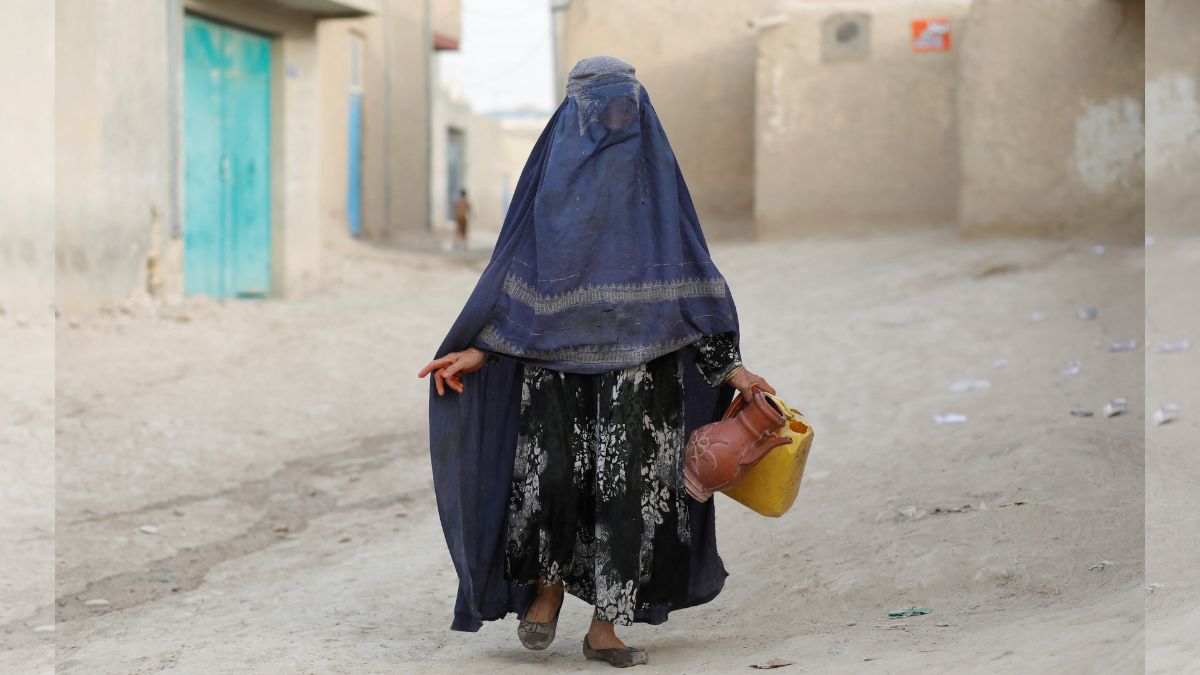Listening to music, smoking hookah, and getting a Western-style haircut have all become punishable acts under the Taliban’s increasingly oppressive rule in Afghanistan, as highlighted in a recent UN report. The Taliban’s so-called morality police, operating under the de facto Ministry for the Propagation of Virtue and the Prevention of Vice (MPVPV), have severely curtailed human rights, especially targeting women and girls, creating what the UN Assistance Mission in Afghanistan (UNAMA) describes as a “climate of fear and intimidation.” Established in 2021 after the Taliban’s return to power, the MPVPV enforces the group’s stringent interpretations of Islamic law.
These include bans on activities deemed “un-Islamic,” such as displaying images of humans and animals and celebrating occasions like Valentine’s Day. Between August 15, 2021, and March 31, 2024, the report released on Tuesday (July 9), documented at least 1,033 instances where Taliban officers used violence to enforce their decrees. The MPVPV’s enforcement methods include verbal intimidation, arrests, detentions, ill-treatment, and public lashings.

The enforcement of these rules is often inconsistent and unpredictable, adding to the pervasive atmosphere of fear, the report said. When the Taliban seized control in August 2021 following the chaotic withdrawal of US-led troops, the group initially presented itself as more moderate compared to its 1990s rule. However, the UN report indicates that many.
















